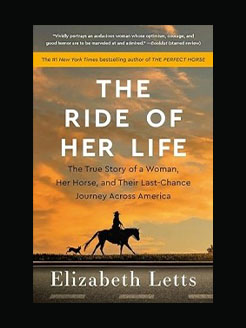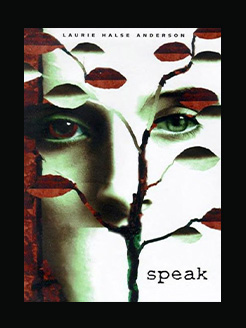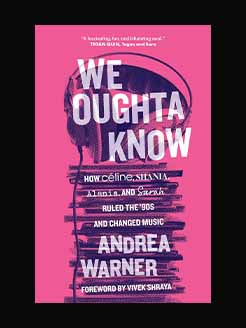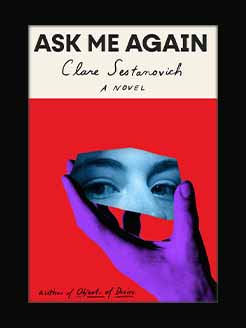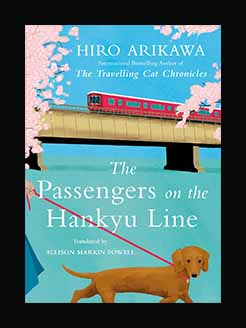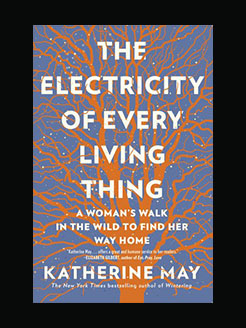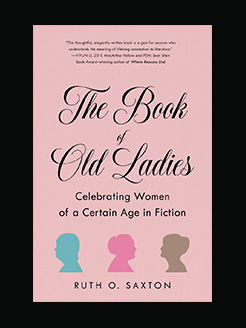Published in 2004
360 pages
Emily Pohl-Weary is an award-winning author and creative writing professor who’s been called “an unconventional and modern-day hero to many young female writers,” “a shining example of a writer who has made a difference in her community through mentorship,” and even “the new sleazy Judy Blume.”
Emily’s most recent books are Ghost Sick: A Poetry of Witness (which won the Fred Cogswell Award for Excellence in Poetry) and the young adult fantasy novel Not Your Ordinary Wolf Girl. The first book she published was her grandmother’s memoir, Better to Have Loved: The Life of Judith Merril, which won a Hugo Award and was shortlisted for the Toronto Book Award.
Her audio play based on a Baba Yaga folk tale, “The Witch’s Circle,” was produced by Ottawa’s Odyssey Theatre for their The Other Path series.
She has a doctorate in Adult Education and Community Development from the University of Toronto. Before becoming a professor, she ran writing workshops for street-involved youth, and worked in the publishing industry as the editor of literary magazine Kiss Machine, a copyeditor, and an acquisitions editor for high school English textbooks.
Emily now lives in Vancouver, Canada, on Musqueam Territory, where she teaches at the University of British Columbia’s School of Creative Writing.
What is this book about?
Bombshell spies, slayers, witches and assassins: kick-ass female stars have taken over blockbuster movies like Charlie’s Angels and Kill Bill as well as prime time TV hits such as Buffy the Vampire Slayer and Charmed. These characters kill as quickly as they break down in tears, and beat guys up as easily as they toss them into bed. With very few exceptions, they’re young, white, beautiful, straight and skinny. How are young women to respond to these images of women who fight (or bite) back? As the product of corporate media, are these icons of “female power” merely cons?
This one-of-a-kind anthology of new fiction, essays and comics recognizes the seductiveness as well as the limitations of such contemporary pop culture heroines. Contributors – including Nalo Hopkinson, Larissa Lai, Shary Boyle, Nikki Stafford, Mariko Tamaki, Sonja Ahlers and Sherwin Tjia – critique constructs of female power and invent alternative role models.
